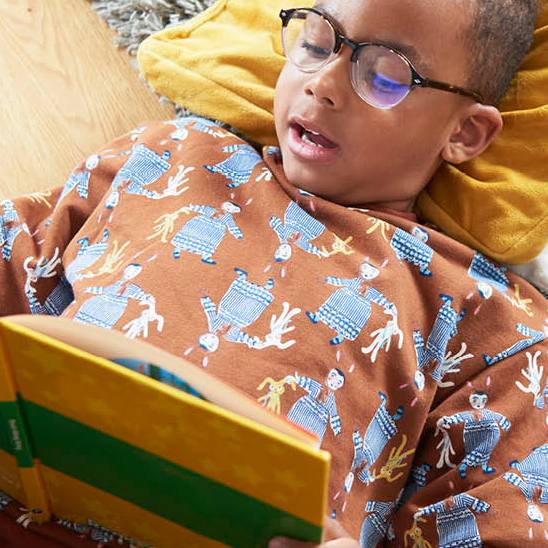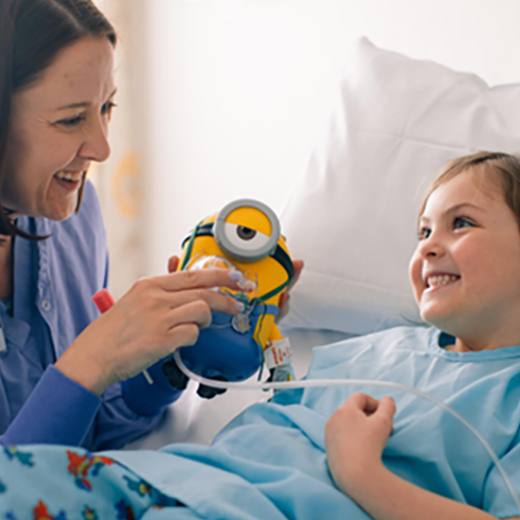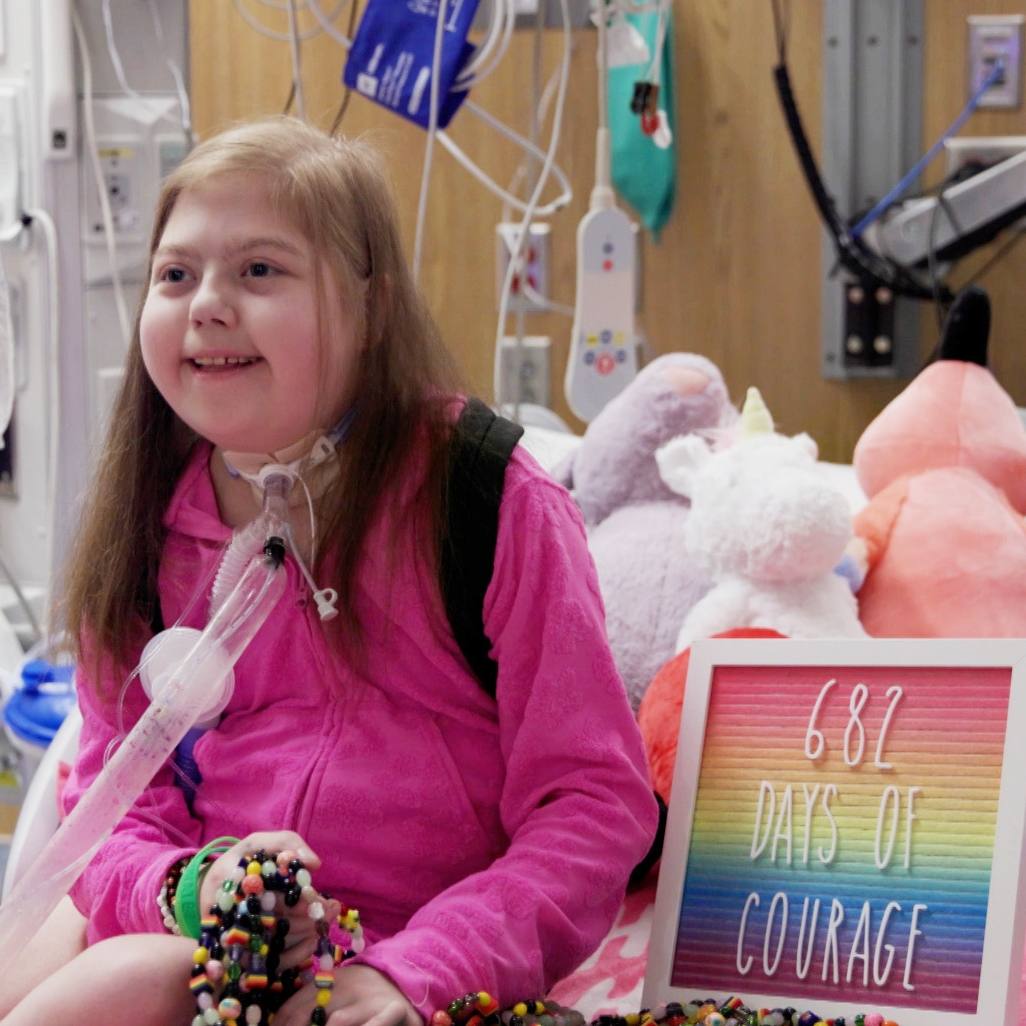-
Mayo Clinic Children's
Ask the Mayo Mom: Managing heavy menstrual cycles and demystifying treatment options

The menstrual cycles for adolescents vary significantly, including the age at which the first period begins. Frequency, length of period, and amount of bleeding also vary widely.
"The factors that define when you're going to get your first period really is when did mom get her first period, so genetic factors, but there are a lot of lifestyle factors, too" says Dr. Asma Chattha, chair of Pediatric Gynecology at Mayo Clinic. "Definitely weight gain and rate of weight gain plays into it as well. New research is suggesting socio-economic factors and adverse childhood experiences also affect when you get your first period. So that's probably why there's such a variation and when you'll first get your period."
Menorrhagia is the medical term for menstrual periods with abnormally heavy or prolonged bleeding. Although heavy menstrual bleeding is a common concern, most women don't experience blood loss severe enough to be defined as menorrhagia.
While what's considered normal covers a wide range, heavy bleeding during menstrual cycles can be a concern. In these cases, teens and their parents should reach out to their health care team for an evaluation.
"From a hematology standpoint, we always worry that there's some kind of predilection to bleeding," explains Dr. Asmaa Ferdjallah, a Mayo Clinic pediatric hematologist. "And there's a few inherited bleeding disorders that are not that uncommon in the population, honestly. And sometimes their only presentation is heavy periods. At times, many of these girls and young women go their whole life, and they just don't know that they have these deficiencies, or bleeding propensities, and those are fairly easy to screen for."
Another common issue is menstrual cramps.
Menstrual cramps, or dysmenorrhea, are throbbing or cramping pains in the lower abdomen. Many girls and women have menstrual cramps just before and during their menstrual periods.
For some, the discomfort is merely annoying. For others, they can be severe enough to interfere with everyday activities for a few days every month. Menstrual cramps that aren't caused by another condition tend to lessen with age and often improve after giving birth.
There are hormonal and non-hormonal treatment options and products to help girls and young women cope with heavy periods.
"I know it's hard to talk about these things, but talk to your health care team with any question you have about heavy periods," says Dr. Ferdjallah. "Ask all your questions. None of them are dumb, and we will do our best to help you. More often than not, we can find you a solution to make your periods better."
On the Mayo Clinic Q&A podcast, Ask the Mayo Mom host Dr. Angela Mattke, a Mayo Clinic pediatrician, is joined by Mayo Clinic Children’s Center experts Drs. Chattha and Ferdjallah to discuss misconceptions about, and treatment options for, heavy menstrual cycles.
More resources:
Dads, daughters and talking about menstruation — advice from an expert.
Related Articles







